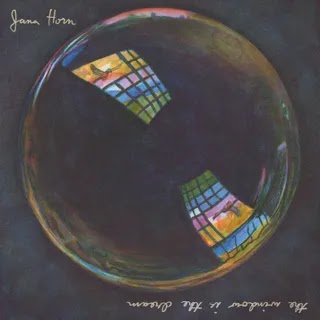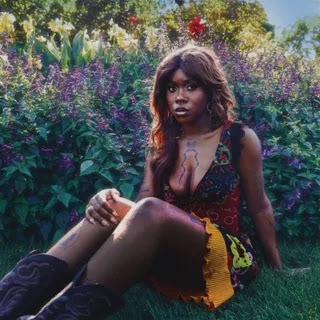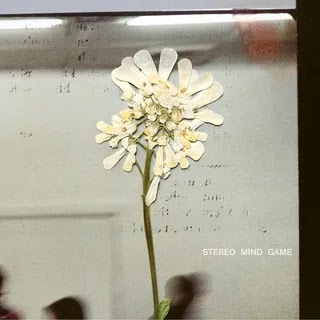On her subsequent collection, the Texas-conceived, Charlottesville-based artist lyricist follows liberal circles around undefined sentiments; her tunes appear to rise out of profound tranquility.
At the point when Jana Horn was composing tunes for The Window Is the Fantasy, she had practically no admittance to music — her phonograph, PC, and telephone were undeniably broken. "I didn't rush to have them fixed," she conceded. The main Disc in her vehicle was the Fall's 50,000 Fall Fans Can't Be Off-base, to which she tuned in on circle until it lived in her memory and she didn't require the Cd any longer. "I simply think I require calm," she told Glue. "I should have the option to hear myself think."
The Window Is the Fantasy, the Texas-conceived, Charlottesville-based artist lyricist's second LP in two years, has an impeccable lucidity. Significantly more than on Good faith, the melodies appears to rise out of profound quietness. It seems like music made by a brain washed clean by supportive quietness.
On the off chance that Positive thinking was for the most part centered around Horn's curious singing and gem cut verses, The Window Is the Fantasy is a band-in-a-room record. To collect it, Horn enrolled a phenomenal gathering of Austin performers, including exploratory guitarist Jonathan Horne, percussionist Adam Jones, and multi-instrumentalist Jared Samuel Elioseff (piano, synth, bass, and traditional guitar). Together, they stayed in a horse shelter that was most of the way along its change to a studio; Horn would in some cases put down her guitar between meetings, then, at that point, get down on the ground to lay restroom tile.
The more The Window Is the Fantasy goes on, the more obviously you can see the shapes of that room and the presence of the artists playing in it. On "Melody for Eve," Horne lets off a surprising performance, a dot of notes high on the neck that feels as striking as an appearance. Jones' basic cross-stick drumming design on "After so much Time" is spellbinding. The suggested light in the room is pre-fall, each instrument outlined by its own perfect shadow. You hear the murmur of Horn's thumb calluses on the base strings, feel her breath as it contacts the pop channel.
On record, Horn cuts a genuine presence. Her enunciations are conversational, and her impressionistic guitar playing generally comprises of only a couple of bass notes. Be that as it may, something in her tone and delicate touch proposes specialized expertise deliberately held available for later. For Horn, the words are the thing, and she conveys her words as though cajoling dim shapes to the surface.
Her verses frequently read like composition on the page, yet she tracks down ways of twisting them into melodic shapes it's challenging to envision any other individual finding. Take this stretch from "Days Go By": "Perhaps one thing doesn't prompt the following;/Different sides of a coin are not the head prompting the tail./I didn't intend to say that; on an alternate note/I'm paying attention to the sound of everything happening without you." It sounds unsingable, similar to something from a Robert Ashley show, but she figures out how to make you murmur it.
Horn has referred to her verses as "considerations about contemplations." She follows liberal circles around undefined sentiments, permitting you to step into them. She needs, more than whatever else, to move of an option that could be greater than her. On the nearly title track "The Fantasy," she offers something near a statement of purpose: "The last thing I need in this breath of presence/Isn't to hurl myself entirely into it/As any bird could quit flying/When the window is the fantasy." Is this an equivocal assertion of give up? An admonition? Her very own dream demise? Horn is sufficiently liberal to permit us to dream our own particular manner through.















0 comments:
Post a Comment